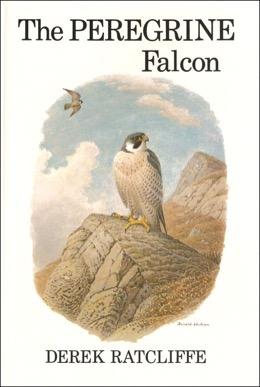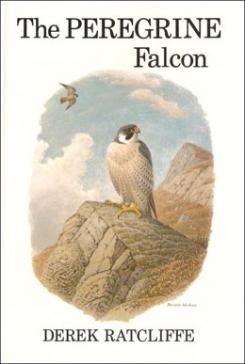Derek Ratcliffe (1929–2005) was the U.K.’s foremost conservation biologist and field naturalist in the 1960s,1970s and 1980s. He was also a prolific author and a dedicated public servant. His work established that organo-chlorides were the cause of the dramatic decrease in the population of raptors, particularly peregrine falcons. DDT effected reproduction rates and Aldrin, Dieldrin, and other chemicals reduced survival rates. Ratcliffe’s research, and the research he inspired, was crucial to the EU’s decision to ban these chemicals for agricultural use in the 1980s. Ratcliffe’s career is ripe for historical re-evaluation.
At the MPIWG, I will examine Ratcliffe’s place in the history of modern conservation science and how the different strands of his work interrelate. In particular, by taking his work on peregrines as my focus, I will consider how hard science, popular natural history writing, and environmental lobbying interacted from the 1960s through to the 1980s. To look at the conservationist preoccupation with raptors in the UK and, to a lesser extent, in continental Europe, invites questions about the assumption that concern for charismatic megafauna was the driving force in the development of modern conservationism. By locating Ratcliffe’s work on peregrines within local and national contexts, I plan to examine how conservationist sensibilities often emerged out of an intense concern for local and regional places.

The cover image of Derek Ratcliffe, The Peregrine Falcon (Arrington, V.A.:Buteo Books,1980), which helped communicate his scientific findings to a wider audience.

